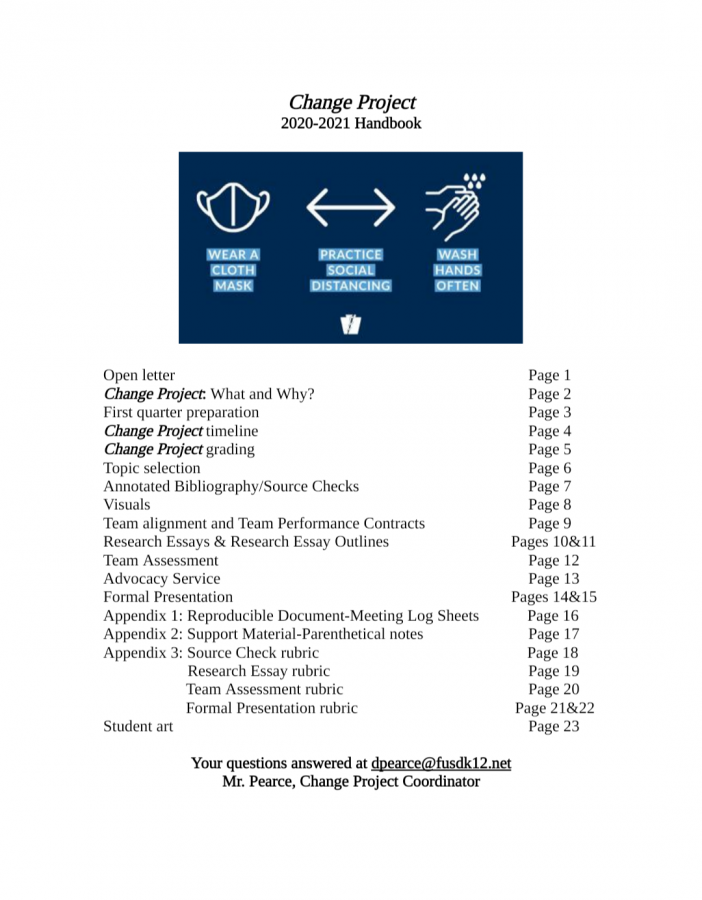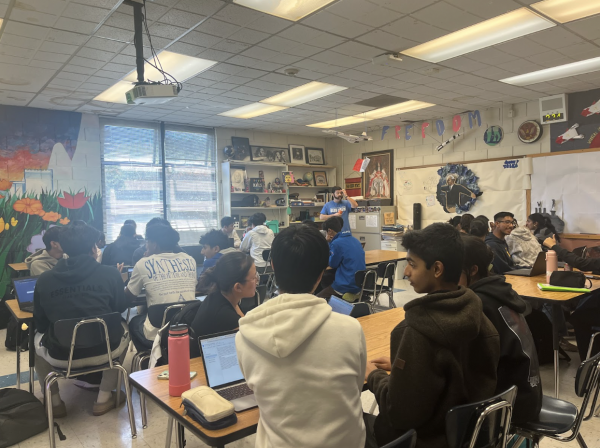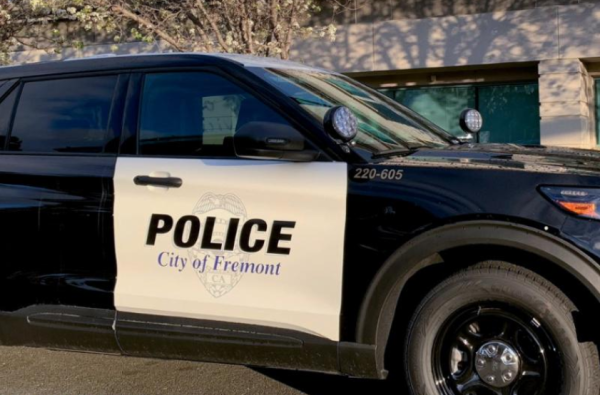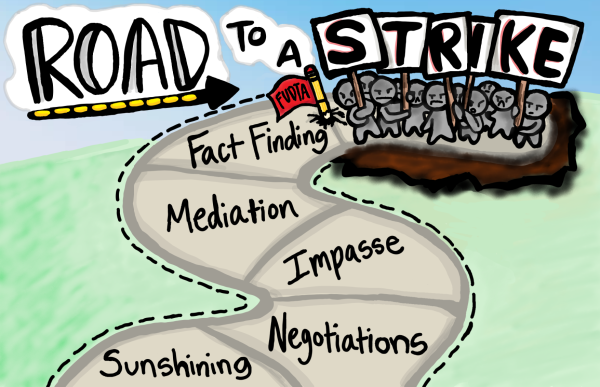Not The Same Change Project: Benchmark Project Adapts to COVID-19
The front page of this year’s Change Project Handbook has been redesigned, now including a banner with COVID-19 health precautions.
For the 2020-21 academic year, the Change Project, which is the yearlong benchmark for Irvington’s freshmen, has undergone several changes due to the COVID-19 pandemic. Mr. Daniel Pearce, the Change Project Coordinator, and a team of other experienced teachers planned these changes together over the summer so that the project will proceed safely and still provide a rigorous and satisfying experience for freshmen.
Unlike the usual free-range topic selection, all freshmen have already been assigned climate change as their sole topic, of which they can pick a focused sub-topic to research. The in-person service component of the project will be replaced, possibly by a solution-oriented advocacy project. The way freshmen will be divided into groups has also been specially modified to be merit-based instead of random grouping, so that students of similar mindsets and work ethic will be grouped together.
Over the summer, Mr. Pearce and his team, which included Ms. Nicole Mangiardi and Ms. Allyson McAuley (the librarian), brainstormed what necessary changes should be made. They presented their plan to a bigger team, comprised of benchmark leaders like Mr. Matthew Phillips of QUEST and Mr. Daniel Vucurevich of WIP, other teachers, and Principal Amanda Melsby, who then revised and approved the changes in their meetings.
“I believe that all of the revisions, to really all three of the benchmarks, came over the summer so that things were ready to go when school began,” said Principal Melsby.
One of the most important modifications made to the whole project was restricting the topic to climate change. The most obvious reason for this change is that allowing students to choose their own topic risked the chance of going outdoors for community service, because the nature of the service directly depends on the topic. For example, in the past, students who wanted to reduce littering would have to go to public parks and beaches to pick up trash. Those who wanted to clear out invasive species from the local ecosystem would have to go to a local lake. The service required for topics like these was incompatible with current pandemic conditions.
Another reason for the adjustment is that the topic of climate change is “very, very well established, [and] has increasingly greater potential consequences,” according to Mr. Pearce, and hence opens up students to a very extensive body of existing research.
Lastly, Mr. Pearce shared that choosing climate change allows for an advocacy project for freshmen, which he says “is the one with the greatest potential” among other possible replacements for community service. In this project, students will create a concise one-page document with essential data about climate change and provide possible solutions to mitigate it. Climate change is the best topic to apply an advocacy project to because of how urgent the need is to communicate specific solutions to climate change.
Mr. Pearce lamented that out of all three benchmarks, Change Project was the one disproportionately affected by the pandemic.
“The two biggest complications [are] exactly like the pillars of the change project: teamwork and hands on service,” he explained. Because in-person group work and in-person community service are impossible to execute this year, both components had to be transferred online in some way.
The pandemic has certainly brought up both benefits and difficulties for freshmen and their parents in doing the Change Project. The Freshman Class Officers, Michelle Nguyen and Tejal Shah, both shared their thoughts. Nguyen said that the difficult pandemic situation actually “makes [her] feel obligated to make more out of it,” and added that she is in fact excited for the potential group work this year. On the other hand, Shah expressed concerns about her grade depending on her group’s participation, but she also said that she gets extra time for source checks this year, which is one of the main benefits of online schooling.
Both Mr. Pearce and Principal Melsby have also spoken about their optimism on how receptive freshmen and their families have been. There have been two Change evening events for parents so far, and Ms. Melsby shared that the reception has “been positive.” She added that families still help out and are enthusiastic about service, which “shows a lot about our community.”









